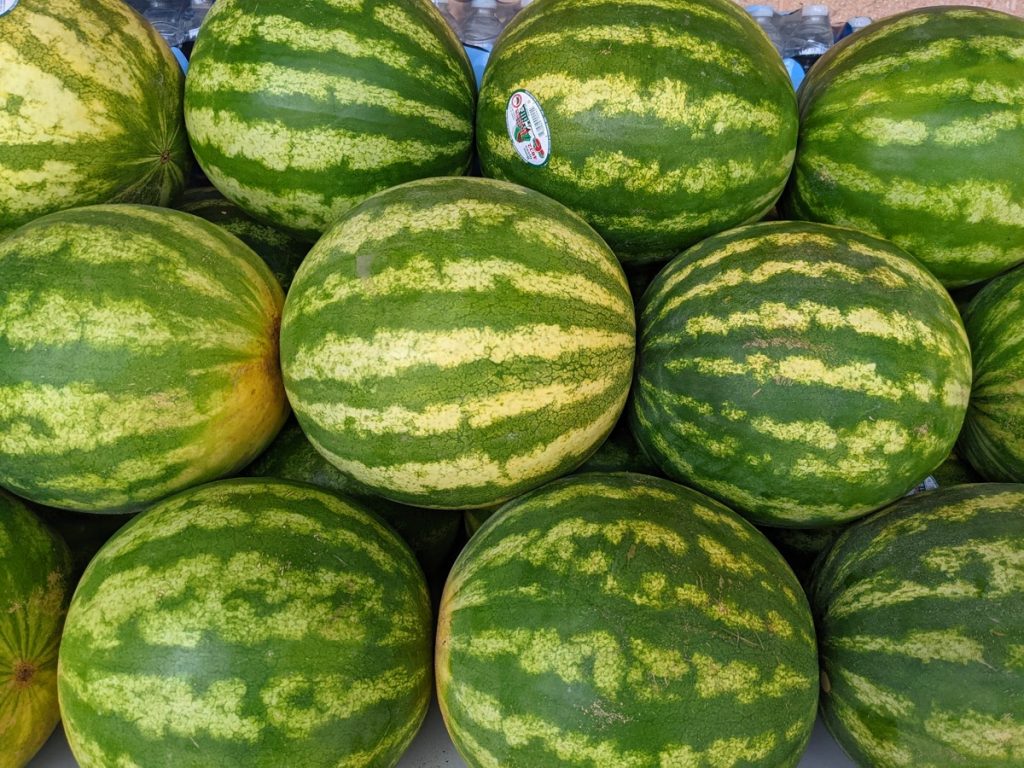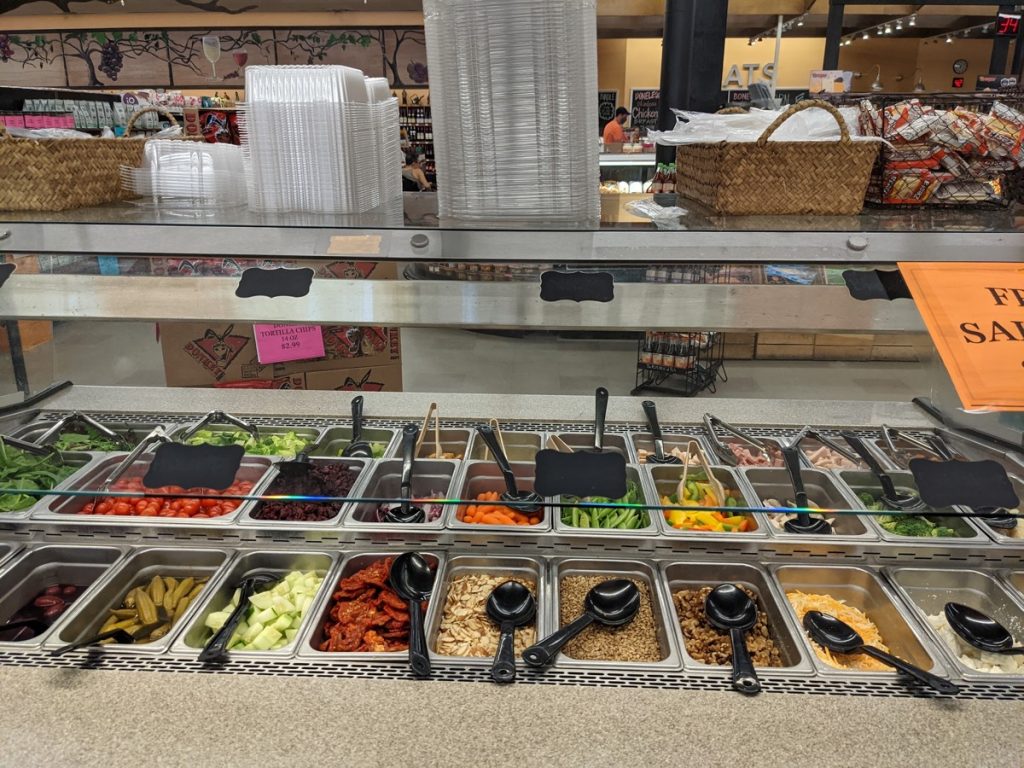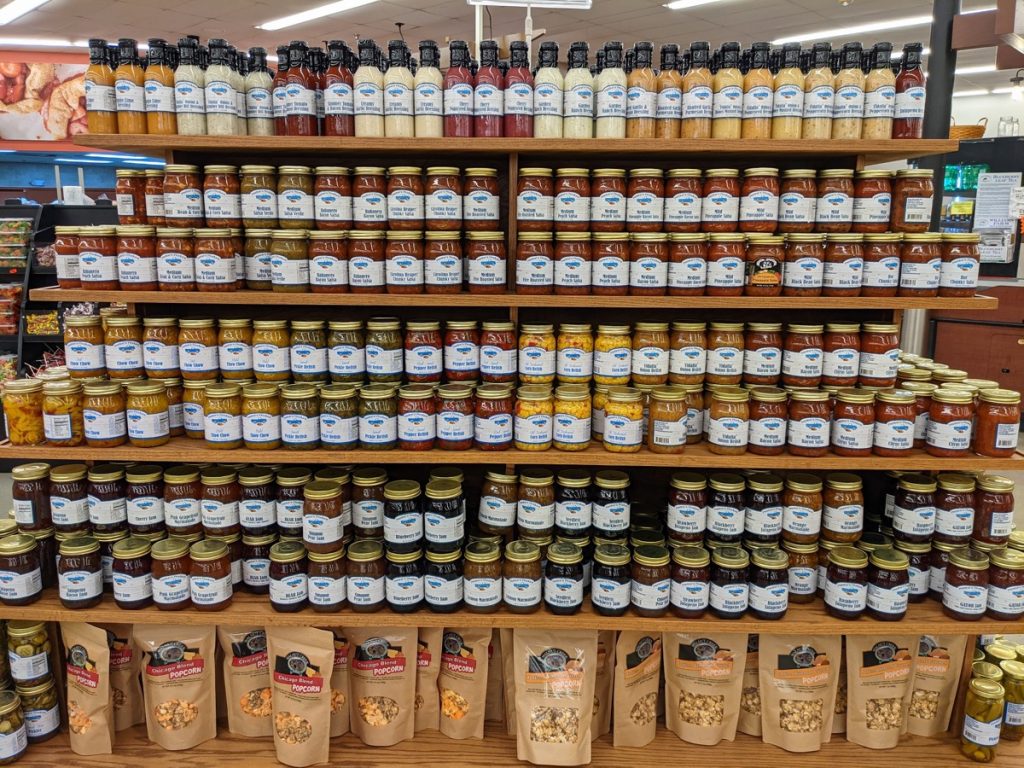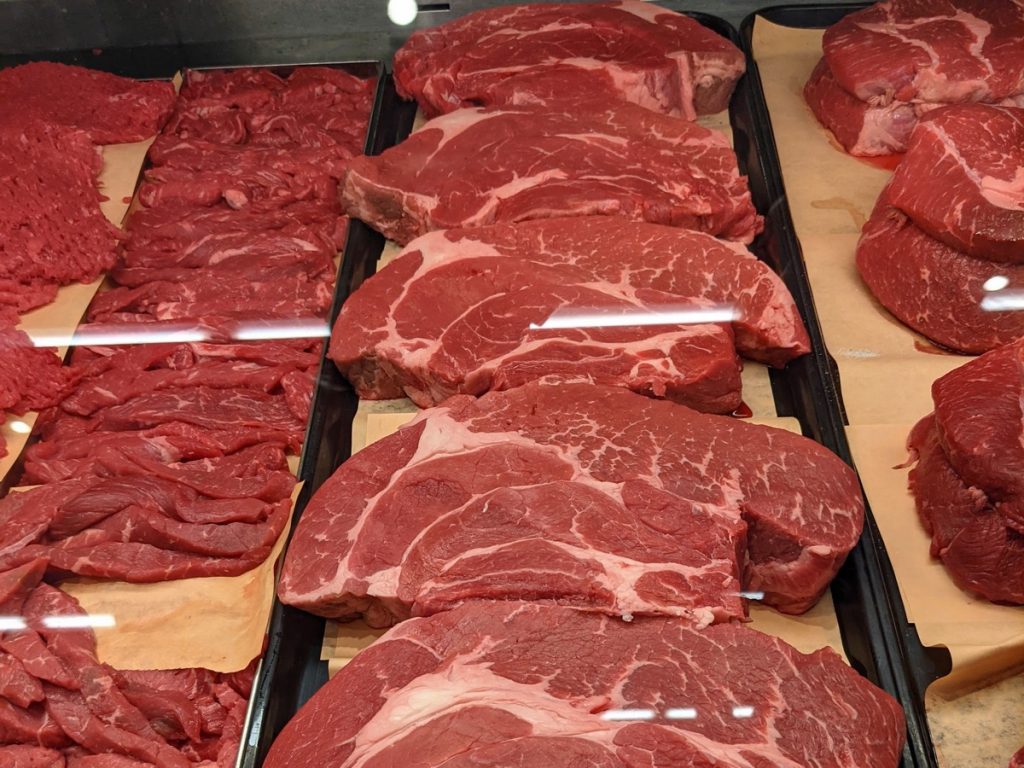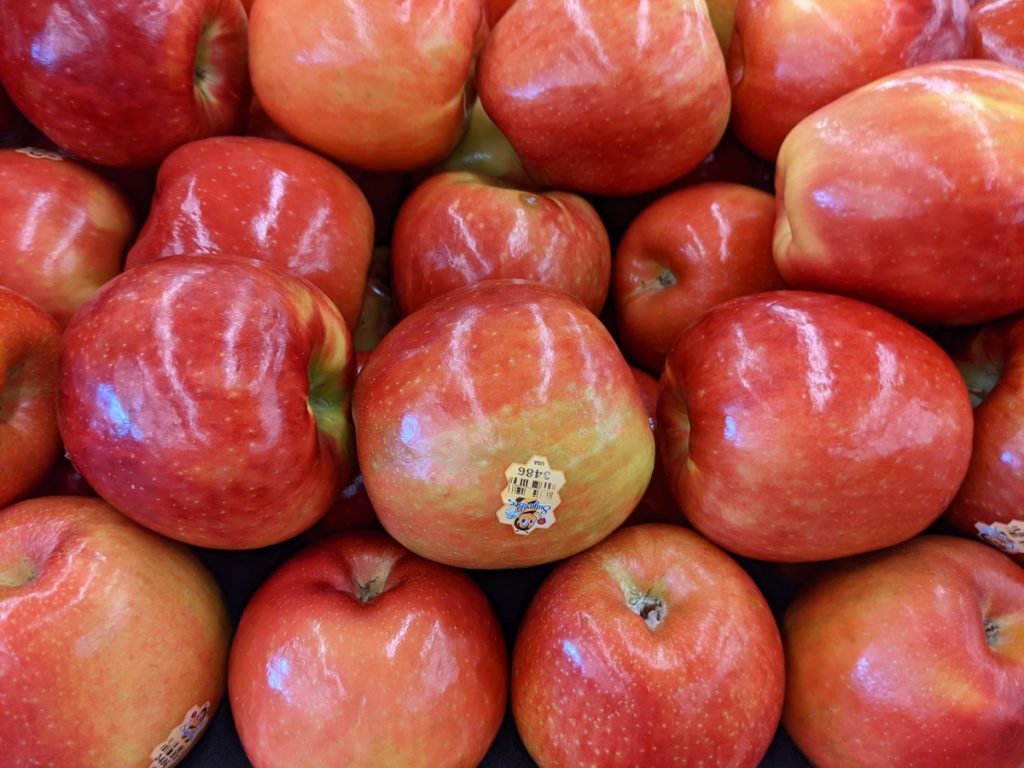We like our chicken moist, our steaks tender and our breakfast meats and burgers bursting with flavor; and everything tastes better when it is fresh. But let’s face it, life doesn’t always provide us with the time to purchase fresh cuts of meat every time we plan to cook it. Sometimes we walk in the door to more than a few hungry faces after a whirlwind of a day; and we need something on-hand that doesn’t take too long to prepare…and that, of course, tastes great too!
That’s where freezing meat can come in handy. Freezing also allows you to buy your meat in bulk, separating your meat in consumable packages and taking it easy on your pocketbook. However, you need to do it right to maintain the integrity of your meat and keep preparing those delicious dishes!
When freezing meat, the first thing you want to make sure of is that whatever you are freezing is fresh. Then you want to wrap it tightly in plastic and seal just as tightly and without any air (Air can create a drying effect and freezer burn.) in a freezer bag or foil. Write the date on your packages for safety. It may sound like overkill, but – trust me – after a few months and with several items, it may be hard to remember which was frozen when!
You also need to make certain that you don’t freeze your meat too long. The longer you store or freeze food, the more flavor, texture and moisture can be lost; and there also comes a time when meat can be frozen too long to be safely eaten. How long you can keep meat frozen depends on the type of meat.
Here is a guide to help you determine how long you can freeze different types of meat:
- Raw bacon and sausage are good for one to two months.
- Steaks and roasts are safe to freeze for four months up to a year
- You can freeze chops for four to six months.
- Ground meat should only be frozen for three to four months and cooked meat only two to three months.
- Poultry pieces should be consumed within nine months, but whole birds like chickens and turkeys can last up to a year in the freezer.
- Lean fish like cod, flounder and tilapia can be frozen up to six months, while fattier fish such as salmon should only be kept frozen about two to three months.
- Shellfish like shrimp, crab claws and lobster tails can be frozen for three to six months.

